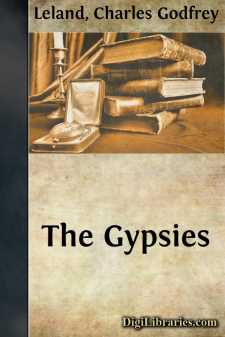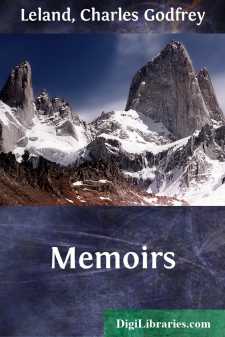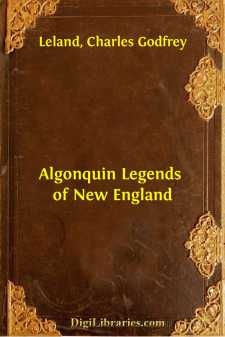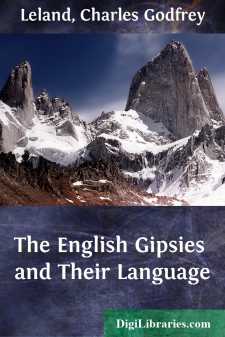Categories
- Antiques & Collectibles 13
- Architecture 36
- Art 48
- Bibles 22
- Biography & Autobiography 816
- Body, Mind & Spirit 145
- Business & Economics 28
- Children's Books 18
- Children's Fiction 14
- Computers 4
- Cooking 94
- Crafts & Hobbies 4
- Drama 346
- Education 58
- Family & Relationships 59
- Fiction 11831
- Foreign Language Study 3
- Games 19
- Gardening 17
- Health & Fitness 34
- History 1378
- House & Home 1
- Humor 147
- Juvenile Fiction 1873
- Juvenile Nonfiction 202
- Language Arts & Disciplines 89
- Law 16
- Literary Collections 686
- Literary Criticism 179
- Mathematics 13
- Medical 41
- Music 40
- Nature 179
- Non-Classifiable 1768
- Performing Arts 7
- Periodicals 1453
- Philosophy 66
- Photography 2
- Poetry 897
- Political Science 203
- Psychology 45
- Reference 154
- Religion 516
- Science 126
- Self-Help 86
- Social Science 82
- Sports & Recreation 34
- Study Aids 3
- Technology & Engineering 59
- Transportation 23
- Travel 463
- True Crime 29
Our website is made possible by displaying online advertisements to our visitors.
Please consider supporting us by disabling your ad blocker.
The Gypsies
Categories:
Description:
Excerpt
PREFACE.
The reader will find in this book sketches of experiences among gypsies of different nations by one who speaks their language and is conversant with their ways. These embrace descriptions of the justly famed musical gypsies of St. Petersburg and Moscow, by whom the writer was received literally as a brother; of the Austrian gypsies, especially those composing the first Romany orchestra of that country, selected by Liszt, and who played for their friend as they declared they had never played before for any man; and also of the English, Welsh, Oriental, and American brethren of the dark blood and the tents. I believe that the account of interviews with American gypsies will possess at least the charm of novelty, but little having as yet been written on this extensive and very interesting branch of our nomadic population. To these I have added a characteristic letter in the gypsy language, with translation by a lady, legendary stories, poems, and finally the substance of two papers, one of which I read before the British Philological Society, and the other before the Oriental Congress at Florence, in 1878. Those who study ethnology will be interested to learn from these papers, subsequently combined in an article in the “Saturday Review,” that I have definitely determined the existence in India of a peculiar tribe of gypsies, who are par eminence the Romanys of the East, and whose language is there what it is in England, the same in vocabulary, and the chief slang of the roads. This I claim as a discovery, having learned it from a Hindoo who had been himself a gypsy in his native land. Many writers have suggested the Jats, Banjars, and others as probable ancestors or type-givers of the race; but the existence of the Rom himself in India, bearing the distinctive name of Rom, has never before been set forth in any book or by any other writer. I have also given what may in reason be regarded as settling the immensely disputed origin of the word “Zingan,” by the gypsies’ own account of its etymology, which was beyond all question brought by them from India.
In addition to this I have given in a chapter certain conversations with men of note, such as Thomas Carlyle, Lord Lytton, Mr. Roebuck, and others, on gypsies; an account of the first and family names and personal characteristics of English and American Romanys, prepared for me by a very famous old gypsy; and finally a chapter on the “Shelta Thari,” or Tinkers’ Language, a very curious jargon or language, never mentioned before by any writer except Shakespeare. What this tongue may be, beyond the fact that it is purely Celtic, and that it does not seem to be identical with any other Celtic dialect, is unknown to me. I class it with the gypsy, because all who speak it are also acquainted with Romany.
For an attempt to set forth the tone or feeling in which the sketches are conceived, I refer the reader to the Introduction.
When I published my “English Gypsies and their Language,” a reviewer declared that I “had added nothing to our” (that is, his) “knowledge on the subject.” As it is always pleasant to meet with a man of superior information, I said nothing. And as I had carefully read everything ever printed on the Romany, and had given a very respectable collection of what was new to me as well as to all my Romany rye colleagues in Europe, I could only grieve to think that such treasures of learning should thus remain hidden in the brain of one who had never at any time or in any other way manifested the possession of any remarkable knowledge. Nobody can tell in this world what others may know, but I modestly suggest that what I have set forth in this work, on the origin of the gypsies, though it may be known to the reviewer in question, has at least never been set before the public by anybody but myself, and that it deserves further investigation. No account of the tribes of the East mentions the Rom or Trablà «s, and yet I have personally met with and thoroughly examined one of them. In like manner, the “Shelta Thari” has remained till the present day entirely unknown to all writers on either the languages or the nomadic people of Great Britain. If we are so ignorant of the wanderers among us, and at our very doors, it is not remarkable that we should be ignorant of those of India.
...






